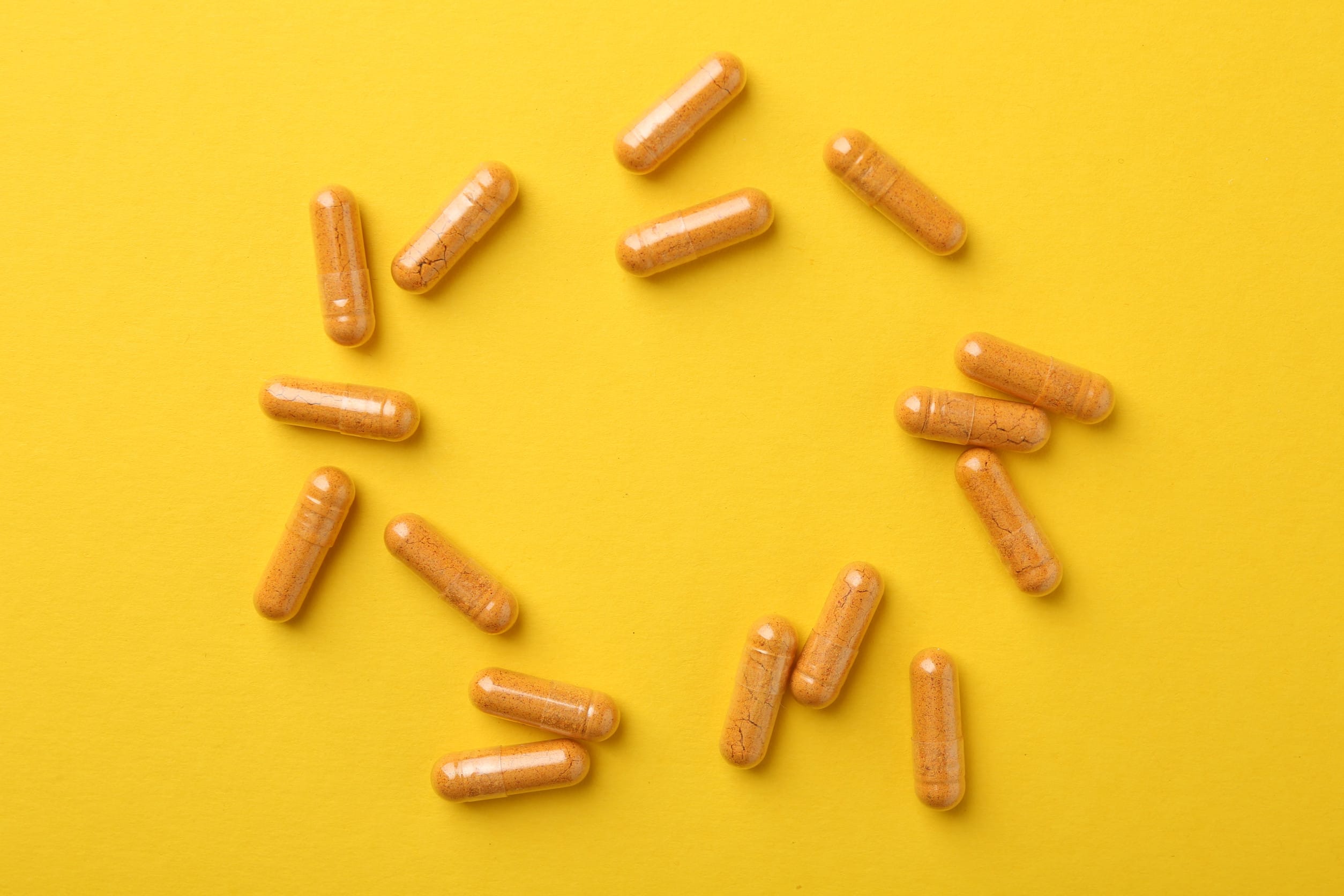7 Vitamins That Don’t Contain What the Label Promised

Vitamins are a part of many people’s daily routine, trusted for better energy, stronger immunity, or overall health. But what if the product you take each morning doesn’t contain what the label promises? Studies and investigations have revealed that mislabeled vitamins are more common than you’d think. Some contain less than half of the advertised ingredients, while others include unlisted or even harmful substances. If you rely on supplements, here are seven brands or products that came under fire for being less than honest.
1. GNC Herbal Plus Products
In 2015, an investigation by the New York Attorney General’s office revealed that several GNC Herbal Plus supplements didn’t contain the herbs listed on the label. For example, ginseng capsules were found to contain only rice and houseplants—no actual ginseng. DNA testing showed that four out of five supplements tested didn’t match their advertised ingredients. This discovery rocked the supplement industry and led to widespread concern about mislabeled vitamins and herbal products. GNC later pledged to improve its testing protocols, but trust had already been shaken.
2. Walgreens Finest Nutrition
Walgreens’ in-house supplement line, Finest Nutrition, was also part of the 2015 investigation. Like GNC, DNA analysis showed that many capsules didn’t contain any of the advertised herbal ingredients. Some supplements labeled as “St. John’s Wort” had zero detectable St. John’s Wort in them. Instead, fillers like powdered rice and asparagus were found in their place. While not toxic, the issue here was false labeling—something that seriously undermines consumer confidence in over-the-counter wellness products.
3. Target’s Up & Up Supplements
Target’s popular Up & Up brand was not immune to scrutiny. In the same wave of investigations, their Echinacea supplements were tested and found to contain no actual Echinacea. Despite promising immune support, the product’s actual content was mostly filler material. This case is another example of mislabeled vitamins that could lead consumers to think they’re getting health benefits when they’re really not. Target pulled several products and re-evaluated its sourcing standards after public backlash.
4. Nature’s Bounty Biotin
Nature’s Bounty is one of the biggest names in supplements, often perceived as a premium brand. However, some independent lab tests found discrepancies in their biotin dosages. While the label promised high-potency doses, actual content varied significantly from bottle to bottle. Inconsistent quality control can make it difficult for consumers to rely on dosage accuracy, especially when using vitamins for medical reasons. The company has defended its manufacturing practices but still faces scrutiny from watchdog groups.
5. Sundown Naturals Probiotic Gummies
Probiotics are notoriously difficult to measure and maintain in gummy form, and Sundown Naturals faced criticism for this very reason. Tests revealed that their probiotic gummies often contained far fewer active cultures than claimed, sometimes none at all. Probiotics are time- and temperature-sensitive, meaning poor storage or transportation can ruin them. This kind of mislabeling can leave consumers spending money on benefits they never receive. It’s another reminder that mislabeled vitamins aren’t just about what’s missing, but what’s ineffective.
6. Spring Valley (Walmart Brand) Supplements
Walmart’s Spring Valley line is a go-to for bargain vitamin buyers, but affordability sometimes comes at a cost. Multiple reports and lab tests found inconsistencies in labeling and potency across various products, including Vitamin D and melatonin. In some cases, pills contained much lower levels of active ingredients than promised. Critics say that relying on these supplements could mean missing out on essential nutrients you think you’re getting daily. Despite being labeled “trusted quality,” the results say otherwise.
7. Sports Nutrition Supplements with Hidden Steroids
Some bodybuilding and weight loss supplements have faced mislabeled vitamins scandals that are far more dangerous. Products from brands like Crazy Mass and Blackstone Labs were found to contain hidden anabolic steroids or synthetic stimulants not listed on their labels. These ingredients can cause liver damage, heart issues, and other serious health risks. The FDA has cracked down on several of these companies, but many still operate online or under new names. Always be cautious when a vitamin promises extreme results.
When Labels Lie, It’s Your Health on the Line
Mislabeled vitamins can do more than just waste your money—they can put your health at risk. Whether it’s a missing herb, an inaccurate dosage, or a harmful hidden ingredient, these products often go unnoticed until someone gets hurt or tests expose the truth. The supplement industry is less regulated than pharmaceuticals, which means it’s up to consumers to do their research. Look for third-party certifications, read reviews, and consider speaking with a doctor before relying on over-the-counter supplements for serious health needs.
Have you ever discovered that a vitamin or supplement didn’t live up to its label? Share your experience in the comments and help others make safer, smarter choices.
Read More
11 Testosterone-Boosting Tricks That Don’t Involve Supplements
